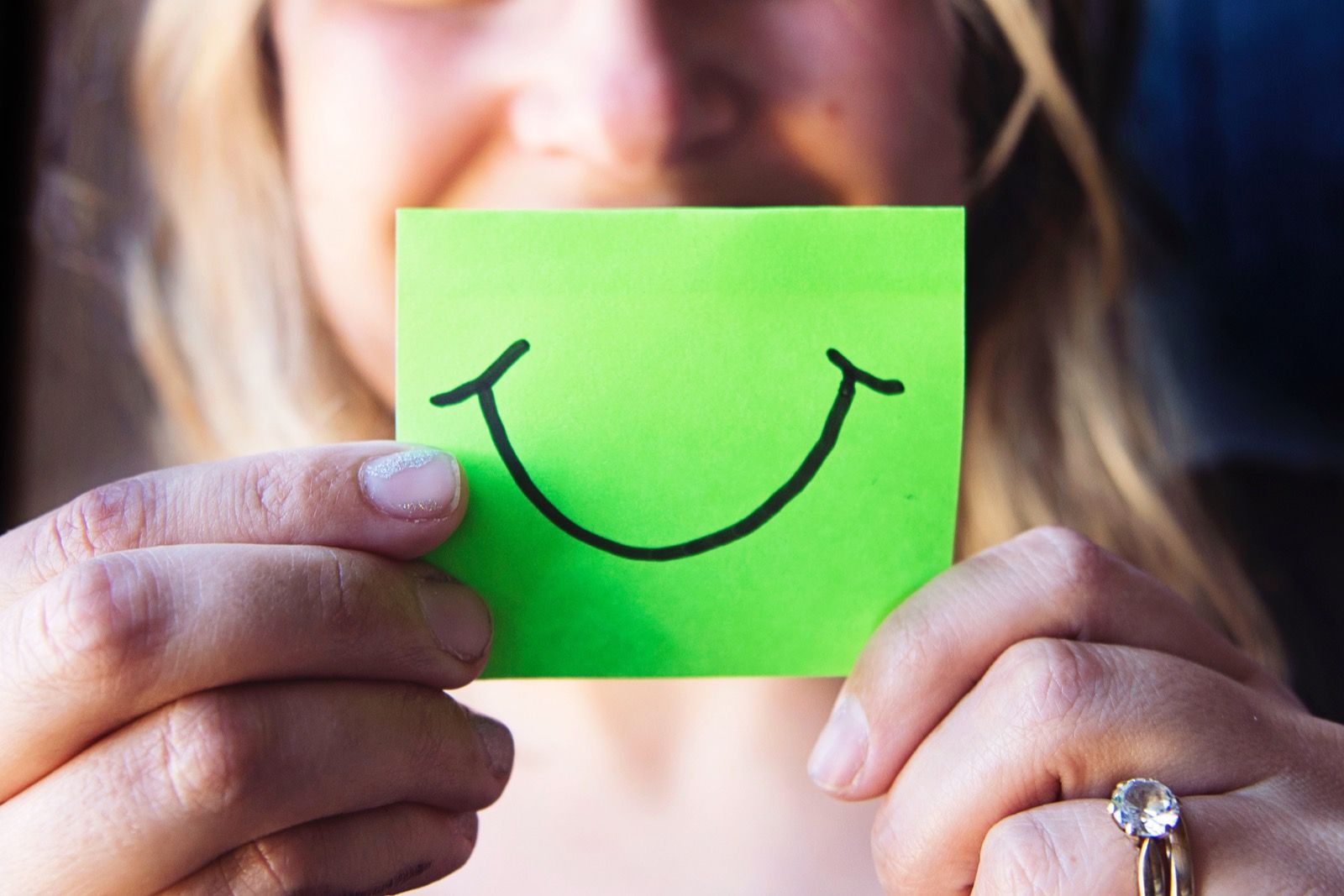Improving mental health and wellbeing

Mental health and wellbeing have been at the forefront of post-pandemic research.
The stress of lockdown, the cost-of-living crisis, climate change, and global conflict mean many people are more fearful for the future. These concerns also mean challenges in the workplace and create increasing pressure on businesses to ensure they are looking after the wellbeing of their employees.
Where does the responsibility lie?
While conventional wisdom suggests that workforce improvement must be directly related to the company’s KPIs, times change. We have gone from viewing employees as human resources to human capital, and now we are encouraged to see them as simply human. There is a growing awareness of the business benefits a human-centric culture facilitates, furthering the need for a work environment that nurtures and supports holistic development in the workplace. If this means helping people to shape the resilience, gratitude, calm, compassion, and empathy needed for the modern world, so be it.
It is not to say that an organisation takes a parental role in an employee's life.
It is not that businesses are expected to change their primary mission to be caregivers to their teams.
It is an understanding that a workforce who feels cared-for and empowered to make a better life for themselves will be a more productive, loyal advocate of the organisation.
How does an organisation help employees manage mental health and wellbeing?
On a practical level, an organisation can offer advice about life/ work balance, provide gym memberships, and use productivity tools that encourage boundaries between home-life and work-life. Companies can also introduce schemes that counter the adverse impacts of stress before burnout.
Yet, it is possible that learning and development provision can be more holistic and impact the organisation's performance in its primary mission. It is also possible to develop the character qualities in people that enable them to better self-manage their mental health and wellbeing alongside other aspects of their performance.
Within each person are innate character qualities that enable a person to be the best they can be. In some of us, these qualities are already present and actionable in daily life. For others these qualities lie dormant because life hasn’t afforded them opportunities to explore, develop and action them.
Some of these qualities help us to self-determine our mental wellbeing. Resilience and gratitude are two essential characteristics of a mentally strong person. Persisting in spite of failure is a huge benefit in life and work. Seeing plenty where others see scarcity again builds a positive mental outlook.
Other qualities help too. Learning to be calm when calmness is required is helpful. Equally so is understanding the power of kindness, which often allows us to see the humanity and vulnerability of others at its most apparent.
Dialling up essential Character Qualities
The benefit of dialling up essential Character Qualities is that it is a proactive rather than reactive measure. You can choose to develop one of these qualities in times of challenge, and it can help you navigate your path. Entelechy Academy has designed a learning solution that facilitates and encourages this proactive evolution of character; we empower a person to equip themselves to thrive in the world, and not merely survive.
There is a simple journey we can all take to become the best we can be, utilising our inherent Character Qualities. If you are interested in discovering more, come and have a coffee with us. We love talking about our work.